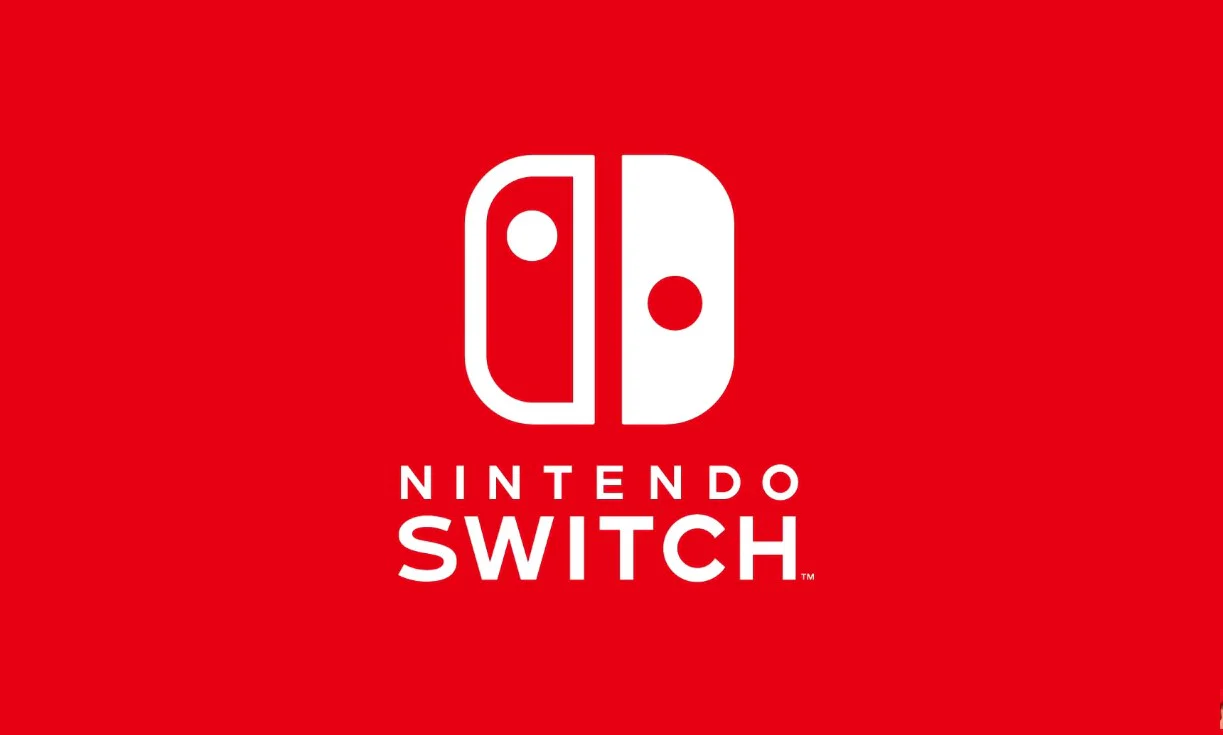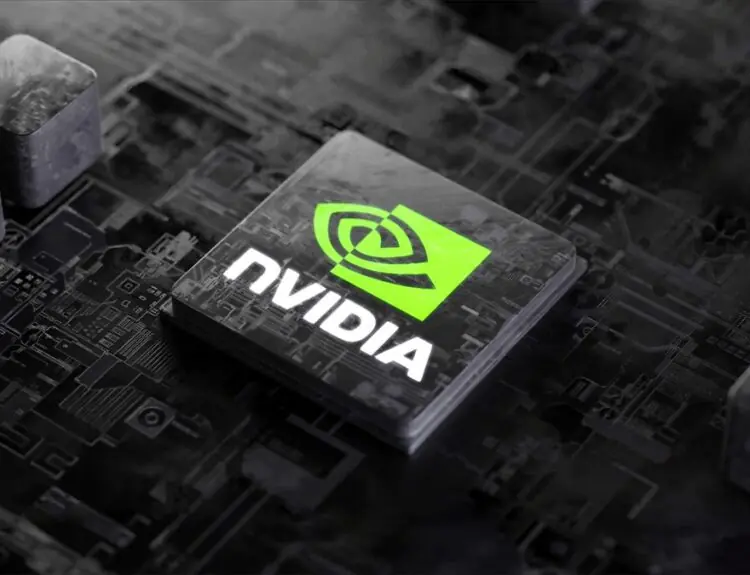Nintendo’s consumer discretionary stocks have been performing beyond expectations this year. With the release of the Japanese game maker’s second-quarter earnings report, its stock has dramatically risen by 47 percent.
The Kyoto-based company has indeed struck gold with the release of its widely popular Nintendo Switch console. The gaming system launched two years ago, functions both as a handheld device and a console. These features have endeared the gadget to fans worldwide.
https://www.youtube.com/watch?v=jZOPC6J4fAA
And Nintendo seems to be striking while the iron is hot. For the last quarter alone, it has released two new models that are now making waves among consumers. The first offers a long battery life, while the other can only be used as a handheld.
As the company cashes in on Switch console sales, it has also rolled out several highly-anticipated titles this year. These games include Super Mario Maker 2, The Legend of Zelda: Link’s Awakening, and Fire Emblem: Three Houses.
Meanwhile, Nintendo has also released two new mobile titles: Dr. Mario World and Mario Art Tour. However, this is one segment of the gaming industry in which the company has yet to capitalize on fully.
Despite this minor setback, there is no denying that the company’s sales have skyrocketed due to the Nintendo Switch’s success. For six months ending September this year, the company’s growth has been evenly spread out across its hardware and software products.
Nintendo’s 14.2 percent overall sales might not look that impressive. But the company’s strong software sales resulted in a substantial profit margin. Likewise, the establishment’s operating profit surged to an impressive 53.4 percent.
There is no denying that the Nintendo Switch is a massive hit. However, it is worth noting that the company’s mobile sales only grew by 6.4 percent year-on-year. And this happened on the heels of the release of Mario Kart Tour, which broke company servers in June.
Nintendo may have an explanation for this hiccup. Mario Kart Tour made its debut before the end of the quarter on Sept. 25. Since the title is a freemium model, users might not have been able to pay for its in-game features. And could have reflected in total sales.
Moreover, Nintendo is considered a newbie in the mobile gaming industry. As such, it is still sizing up the competition and feeling its way around. Thus, it might take more time for the video game maker to figure out how to monetize its hit titles.
Another possible reason for its weak mobile sales is the increase in Japan’s consumption tax from 8 percent to 10 percent. The hike, which began in October, could have pulled down overall sales towards the end of September.







